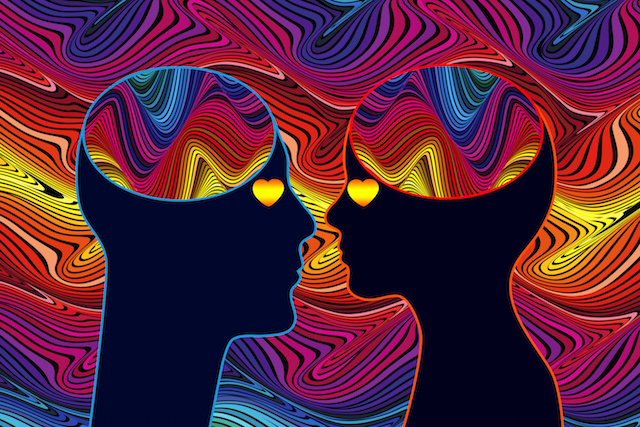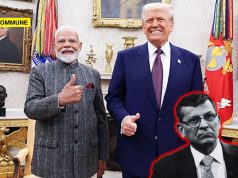
According to a recent study, the closer one feel to people emotionally, the more similar they represents them in their brain while people who feel social disconnection tend to have lonelier neural self-representation. These findings of the Dartmouth study have been published in the Journal of Neuroscience.
“If we had a stamp of neural activity that reflected your self-representation and one that reflected that of people whom you are close to, for most of us, our stamps of neural activity would look pretty similar. Yet, for lonelier people, the neural activity was really differentiated from that of other people,” said senior author Meghan L. Meyer, an assistant professor of psychological and brain sciences, and director of the Dartmouth Social Neuroscience Lab.
The study was carried out on 50 college students and community members ranging from age 18 to 47. Before carrying out for fMRI, the participants were asked to name and rank five people whom they are closest to and five acquaintances during the scan the participants were asked to make trait judgments about themselves, the people they are closest to and the acquaintances that they had just named, and five celebrities. Participants were asked to rate on scale 1 to 4 (from not at all to very much)
The results showed how the brain clustered representation in three cliques: oneself, one’s own social network, and well-known people. The closer participants felt to someone, the more similar their brain represented them throughout the social brain, including the Medial prefrontal cortex (MPFC), the region associated with the concept of self.
In the case of people who are lonelier, they showed less neural similarities between themselves and others in the MPFC and the boundaries between the 3 cliques were blurrier. In other words, lonelier the people are, the less similar their brain looks when they think about themselves and others.




